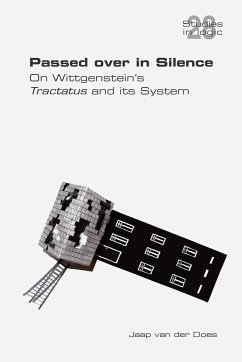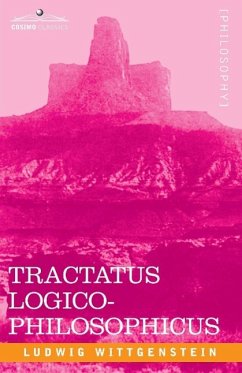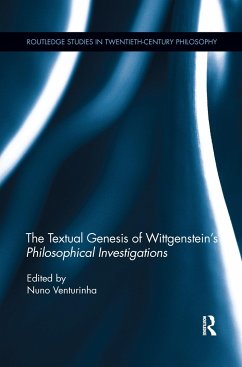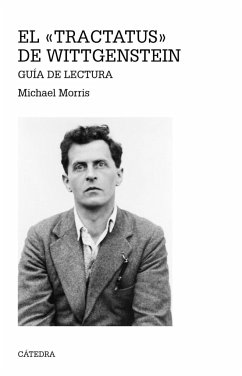
Passed Over in Silence. on Wittgenstein's Tractatus and Its System
Versandkostenfrei!
Versandfertig in 1-2 Wochen
32,99 €
inkl. MwSt.

PAYBACK Punkte
16 °P sammeln!
A hundred years ago, October 18th 1911, young Wittgenstein invaded Russell's room to start studying with him. Seven years later he had finished the Tractatus Logico-Philosophicus; a highly original ethical deed that involved presenting a logical system in literary fashion. The current book sets out to show that despite its condensed literary presentation the Tractatus has a strong interpretation, both philosophically and in its technical fine-structure. It makes clear how Wittgenstein's early views on ethics and logic are related to his symbolic turn. To this end, the symbolic nature of contin...
A hundred years ago, October 18th 1911, young Wittgenstein invaded Russell's room to start studying with him. Seven years later he had finished the Tractatus Logico-Philosophicus; a highly original ethical deed that involved presenting a logical system in literary fashion. The current book sets out to show that despite its condensed literary presentation the Tractatus has a strong interpretation, both philosophically and in its technical fine-structure. It makes clear how Wittgenstein's early views on ethics and logic are related to his symbolic turn. To this end, the symbolic nature of contingent propositions in logical space is charted in detail, while logical propositions are characterized as empty forms about nothing. Not only the finite system is covered but also a natural infinite generalization that Wittgenstein's text just hints at. As it turns out, Wittgenstein's early philosophy gives the sign of a symbol center stage in a way that anticipates the elegant tableaux methods developed much later. Also, Wittgenstein's injective treatment of quantification is shown to be correct.














